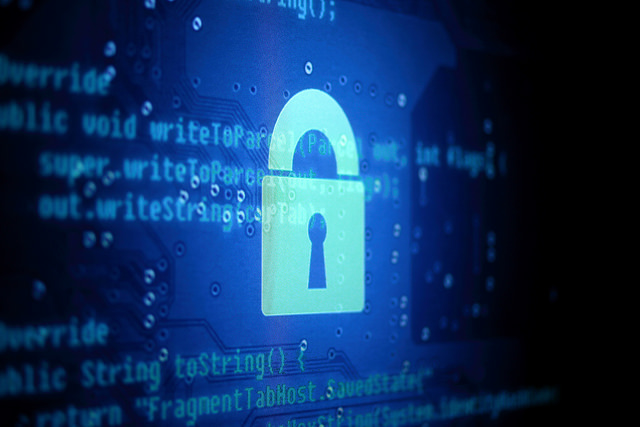The argument for and against multiple online identities is inevitable. As I took on a very skeptical approach towards the topic, I was drawn into mostly the negative aspects that overshadow the real value of the argument. However, after gathering much insight from the various works of my peers, it was clear to me that I have been missing out on the constructive aspect of the argument.
I was very much drawn by Jeanne’s post on how our online identities may impact our employability. As she was discussing this from a view of having a distinct separation between personal and professional sphere, I realized that it was merely impossible to draw this line. After the Hangout#6 with Cristina Costa, I was intrigued by her view on “personal branding” of our online identity. I supported her stand on having a single identity, which we would be in much control of, rather than having multiple identities to draw the line.
Another work that I was pretty fascinated even though the point was briefly mentioned was Angie’s post. She mentioned about how it is a “marketers’ dream come true” when we “sign off” our personal data upon engaging in social media activities. This is prominent, as we have embarked on Web 2.0, where the primary focus is on “interactivity”. This is evident even on sites that require the use of cookies to collect data about our online engagement. As users, we have to be aware of the privacy issues that may be questionable. From a marketing perspective, this is simply astonishing.
The Web is slowly learning our identities, how we behave, who we are. I do strongly believe that with the existence of the “Semantic Web” in the not too distant future, our online identities will play a huge role both in the marketing perspective and our professional lives.
References:
Chu, J., 2014. Who are you, exactly? Available at: https://jeannechucy.wordpress.com/2014/12/01/who-are-you-online-identity/#respond [Accessed December 2, 2014].
Costa, C. & Torres, R., 2011. To be or not to be , the importance of Digital Identity in the networked society. Available at: http://eft.educom.pt/index.php/eft/article/view/216/126.
Ng, A., 2014. Is your digital footprint within your control? Available at: http://yjangie.wordpress.com/2014/12/01/is-your-digital-footprint-within-your-control/comment-page-1/#comment-9 [Accessed December 2, 2014].
TED, 2013. What will a future without secrets look like? TED. Available at: http://www.ted.com/talks/alessandro_acquisti_why_privacy_matters [Accessed December 1, 2014].
Wired, 2014. From E-Commerce to Web 3.0: Let the bots do the shopping. Wired. Available at: http://www.wired.com/2014/09/e-commerce-to-web-3-0/ [Accessed December 1, 2014].
Comments made on:
Chu, J., 2014. Who are you, exactly? Available at: https://jeannechucy.wordpress.com/2014/12/01/who-are-you-online-identity/#respond [Accessed December 2, 2014].
Ng, A., 2014. Is your digital footprint within your control? Available at: http://yjangie.wordpress.com/2014/12/01/is-your-digital-footprint-within-your-control/comment-page-1/#comment-9 [Accessed December 2, 2014].
